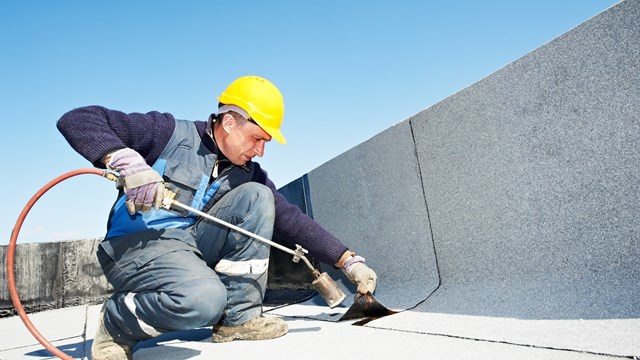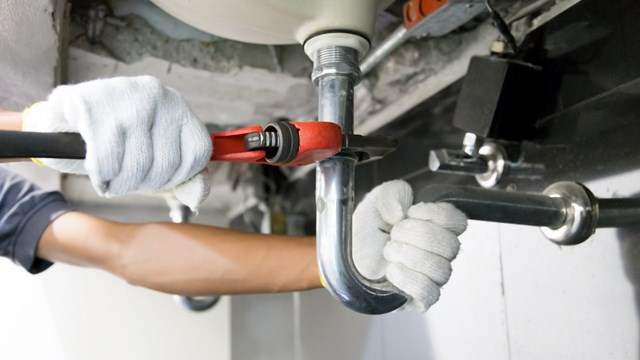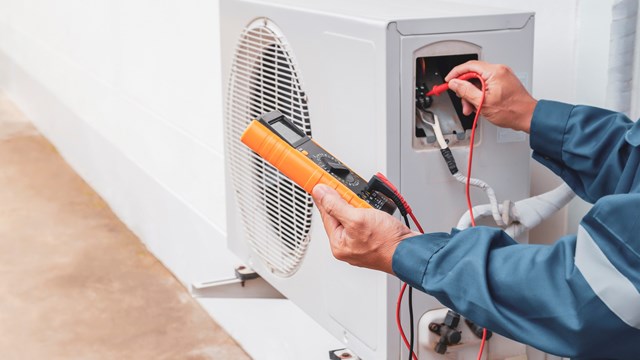
Q. I have received high results on an environmental relative moldiness index (ERMI) test, and a certified mold investigator has completed their work and identified two hidden areas in my apartment (6-unit walkup) under the kitchen sink cabinets and in the ceiling between floors of my bathroom and upstairs bathroom. My landlord wants to remediate himself and has an asbestos certification and states he will follow protocol for that and secure the area, use anti-fungal paint, replace the entire ceiling, and ensure there will be no future issues. I have health issues and am skeptical. Do New York City landlords (I’m in Brooklyn) have to hire a certified mold remediator? Or can they do work themselves? So grateful for any info!
—Trying to Fix This Moldy Problem
A. “Water intrusion and mold infestation of apartments across New York City is a pervasive problem that causes serious respiratory issues for many tenants and shareholders,” says Jennifer Rozen, a managing attorney at the Manhattan-based Rozen Law Group. “Mold remediation, when done properly, can be quite costly for property owners, and as a result, many landlords take shortcuts or refuse to address the problem at all.
“In 2016, New York State enacted a series of laws, commonly referred to as the ‘mold law,’ in an effort to ensure that consumers are protected when contracting for mold assessment and remediation services. Contractors now have to be licensed in order to perform any type of mold assessment or remediation or to even advertise those services. Contractors must now also adhere to certain minimum work standards. The standards are similar to those required of licensed contractors engaged in asbestos removal.
“The mold law also states that the company hired to perform the mold remediation cannot be the same company that performs the assessment and determines what, if any, remediation services are necessary. This is a protection added by the legislature to minimize fraud within the industry and abuse of vulnerable consumers who are in need of mold remediation.
“There is an exception under the law that allows landlords and/or their agents to perform mold remediation on a building that they own. However, the law expressly states that the exemption does not apply if the managing agent or employee engages in the business of performing mold assessment or remediation for the public. For this reason, many landlords will perform an ineffective remediation rather than pay a licensed company.
“The guidelines set by the New York City Health Department require a full-scale mold remediation by a trained and licensed professional if the area of mold exceeds more than 10 square feet. If a tenant has a serious mold problem and the landlord refuses to properly remediate and instead wants to perform the work, the tenant should contact HPD (311) to report the condition. Oftentimes, when a landlord is cited for a violation or fears being cited, they will take the problem more seriously.”









3 Comments
Leave a Comment